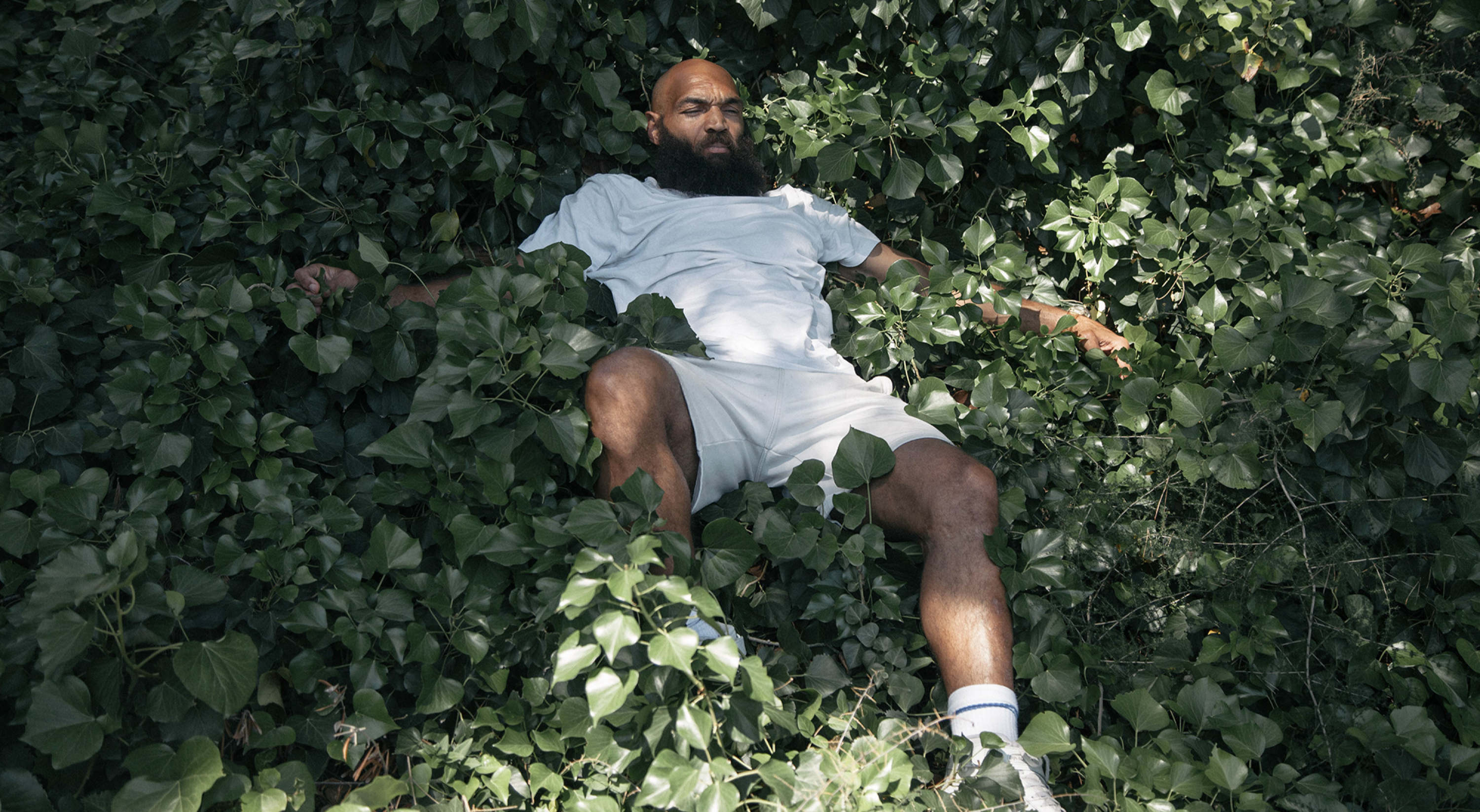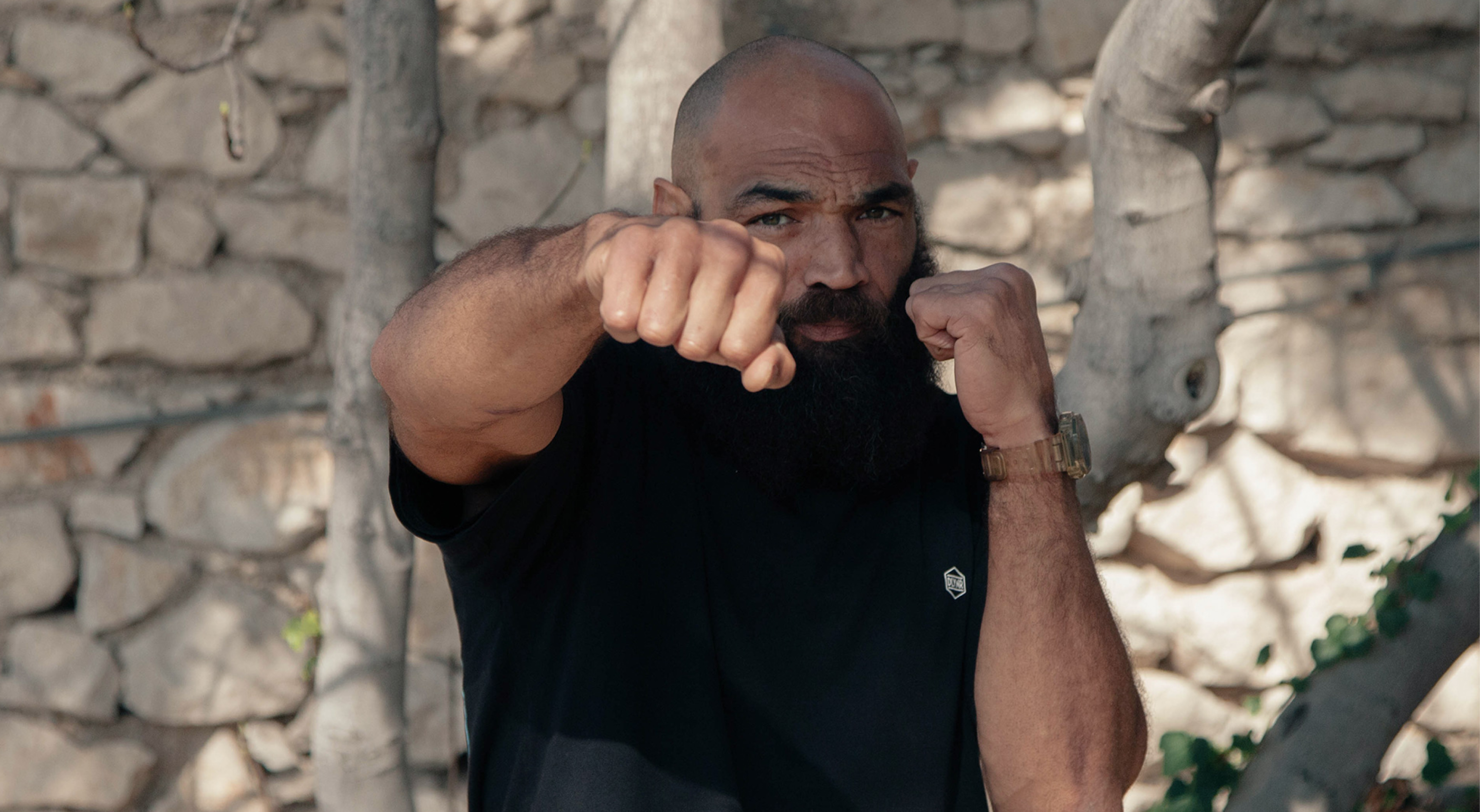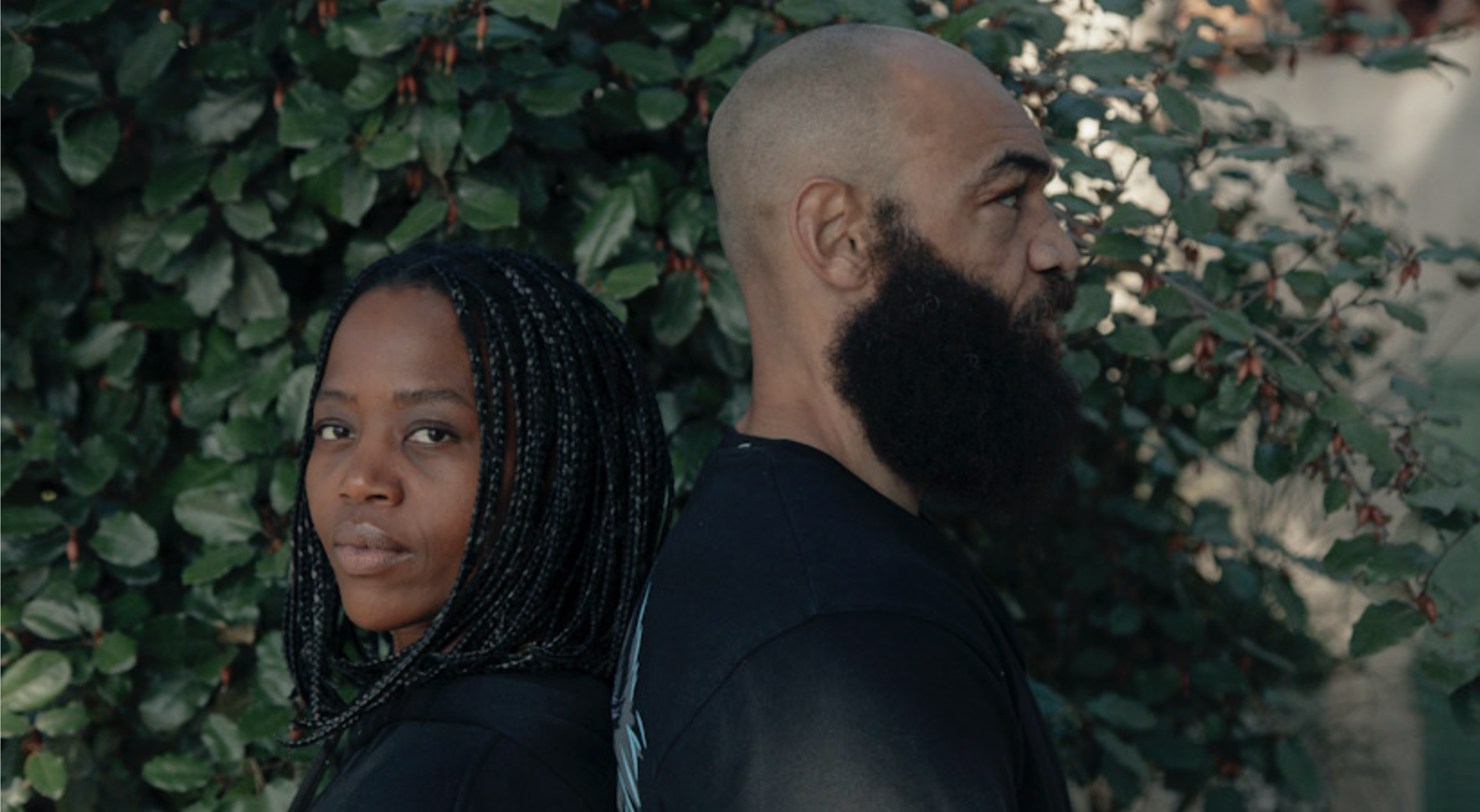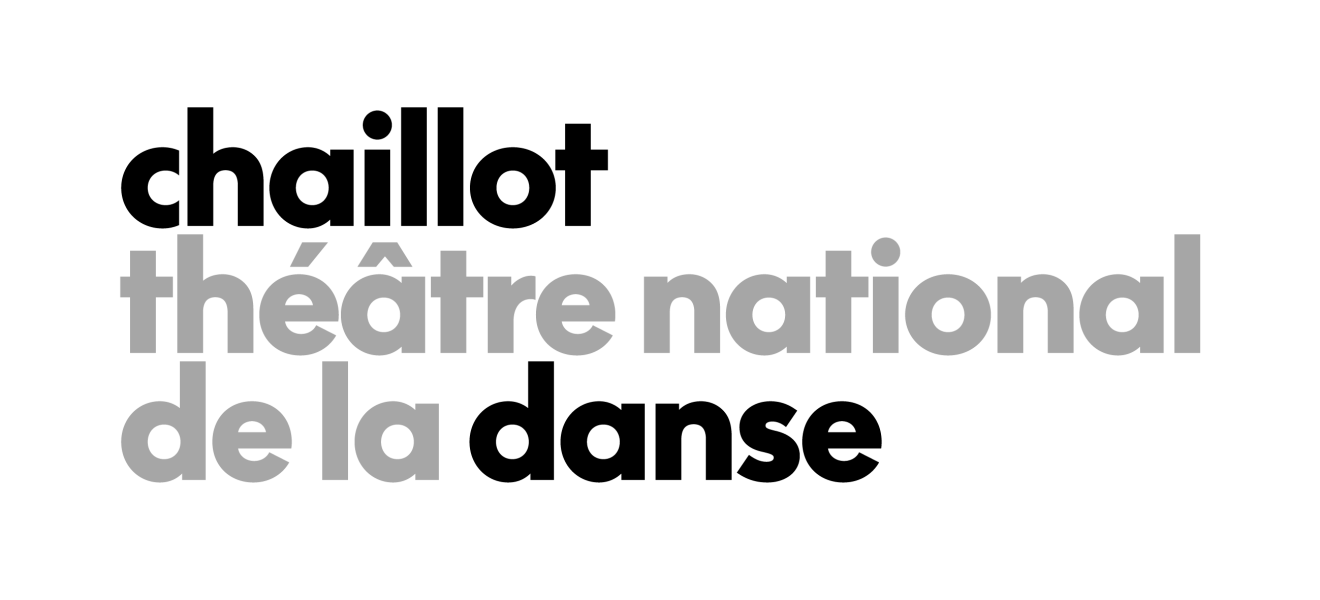Dorothée Munyaneza
Version(s)
octoberoct 2 – 4
Thursday october 2
19h30
Friday october 3
19h30
Saturday october 4
17h
Artistic direction Dorothée Munyaneza. Text, artistic collaboration and performance Christian Nka. Original composition and performance Ben LaMar Gay. Video and artistic collaboration Maya Mihindou. Lighting Camille Duchemin. Sound Camille Frachet. Costumes Stéphanie Coudert. Light Paul Brunat
Production Compagnie Kadidi (Virginie Dupray assisted by Nouria Tirou)
Coproduction Chaillot – Théâtre national de la Danse, Festival d’Automne à Paris, Maison de la Danse de Lyon – Pôle européen de production in support of the Biennale de Lyon, Les Spectacles vivants – Centre Pompidou, Centre chorégraphique national de Grenoble as part of the accueil-studio programme – French Ministry of Culture, Camargo Foundation
With the support of Lieux publics, Marseille and the DRAC Provence-Alpes-Côte d’Azur – French Ministry of Culture, Department of Bouches-du-Rhône
Dorothée Munyaneza is associate artist at Chaillot – Théâtre national de la Danse
Chaillot – Théâtre national de la Danse and the Festival d’Automne à Paris are co-producers of this performance and are presenting it in co-presentation
Choreographer Dorothée Munyaneza’s piece Version(s) draws up an encounter between men, in which the poet and boxer Christian Nka, accompanied by musician Ben LaMar Gay looks into his career and ambivalent relationship with violence. Combining dance, text and live music, she puts together a hybrid space, which is both portrait and celebration.
Version(s) is a face-off in which Christian Nka, a legend from the northern neighbourhoods of Marseille, meets the African-American Ben LaMar Gay, a Chicago-based electroacoustic composer and musician, and long-time accomplice of Dorothée Munyaneza. For the very first time, the British-Rwandan artist based in the Phoecian city tackles masculinity head-on, a polymorphous identity in the midst of constant upheaval. She returns with a show at the crossroads of performance art and concert. On stage, using the father figure as a watermark, the two men expose their strengths and flaws, raising the question: what do we assign to black and mixed-race masculinity from childhood? In the hypothesis of a post-sexism world, what should we pass on, to whom and how? Version(s) weaves a nuanced portrait shifting between confession and performative gesture, the result of a long process of dialogue put into images by the visual artist Maya Mihindou.
In the same place



